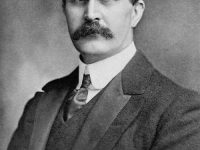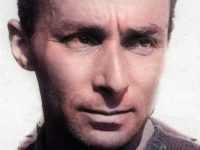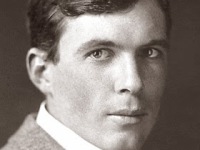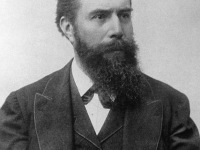Sir William Henry Bragg and his Work with X-Rays
On July 2 1862, British physicist, chemist, mathematician, active sportsman and Nobel Laureate Sir William Henry Bragg was born. Bragg shared the 1915 Nobel Prize in physics with his son William Lawrence Bragg [3] “for their services in the analysis of crystal structure by means of X-rays“. During the WW I, Bragg was put in charge of research on the detection and measurement of underwater sounds in connection with the location of submarines. He also constructed an X-ray…
Read more





